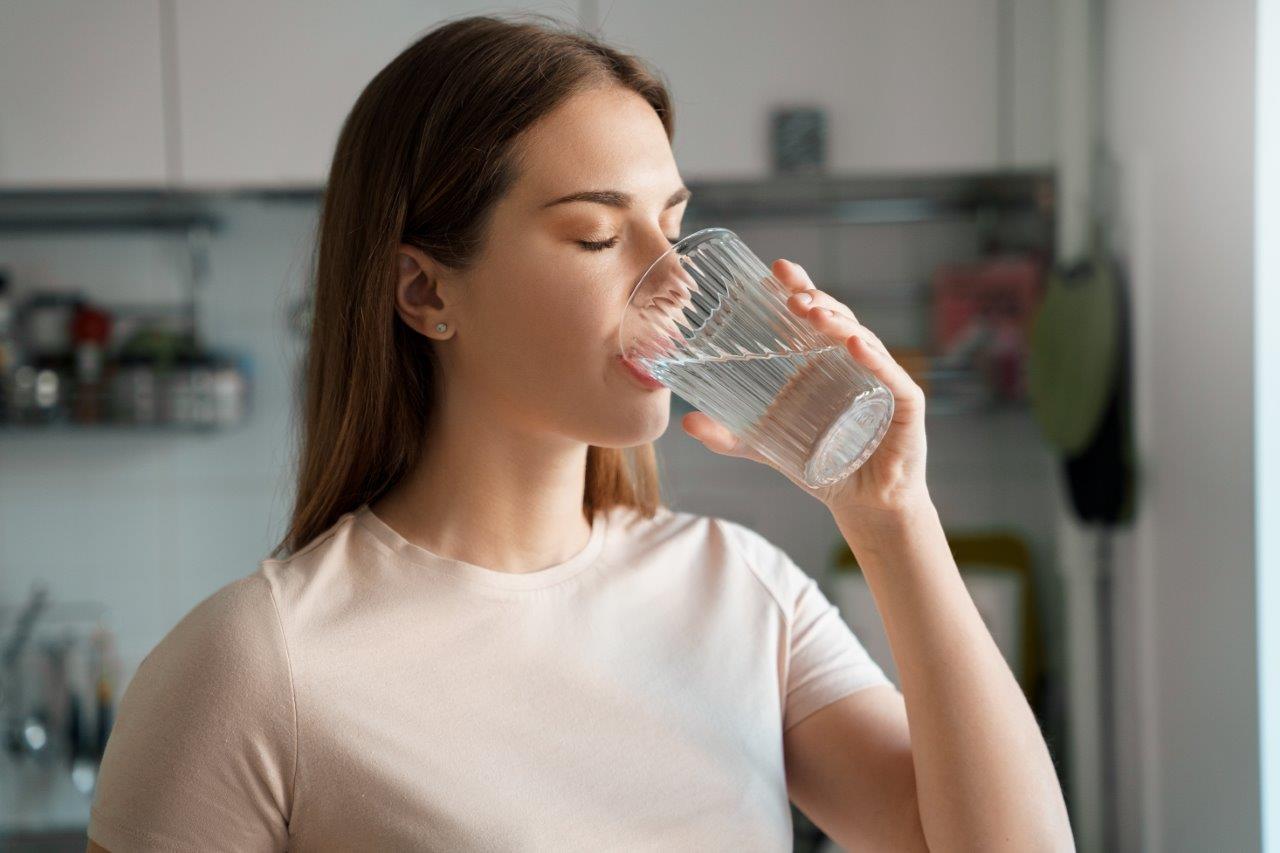

Feeling Very Thirsty – Causes, Diagnosis and Treatment at Emirates Hospitals Group
Overview
Excessive thirst, or polydipsia, is the sensation of needing to drink more fluids than usual. While it can be caused by simple factors like dehydration or heat, it can also indicate more serious health conditions. Identifying the underlying cause is essential for managing this symptom effectively.
Causes
- Dehydration – The most common cause of excessive thirst, dehydration can result from inadequate fluid intake, excessive sweating, vomiting, or diarrhea.
- Diabetes Mellitus – High blood sugar levels can cause the kidneys to work overtime to eliminate excess glucose, leading to dehydration and increased thirst.
- Diabetes Insipidus – A rare condition in which the kidneys cannot conserve water, causing frequent urination and extreme thirst.
- Medications – Certain medications, such as diuretics or antihistamines, can cause dehydration as a side effect, leading to increased thirst.
- Hypercalcemia – Elevated calcium levels in the blood can disrupt fluid balance, causing excessive thirst.
- Kidney Disease – Impaired kidney function may prevent the body from properly regulating fluid levels, leading to excessive thirst.
- Psychological Factors – Sometimes, excessive thirst can be linked to psychological conditions like psychogenic polydipsia, where the individual feels compelled to drink excessively despite normal hydration.
Diagnosis
- Medical History & Physical Examination – A doctor will inquire about fluid intake, symptoms, and any existing health conditions.
- Blood Tests – To measure blood sugar, kidney function, calcium levels, and hormone imbalances that could contribute to excessive thirst.
- Urine Tests – To check for signs of dehydration, kidney function, or diabetes-related issues.
- Water Deprivation Test – A test used to evaluate conditions like diabetes insipidus.
Treatment Options
- Hydration – The primary treatment for dehydration involves drinking sufficient fluids and replenishing electrolytes.
- Medications – For diabetes or other underlying conditions, medications to manage blood sugar or hormone levels may be prescribed.
- Dietary Changes – Reducing salt and caffeine intake, which can contribute to dehydration, may help manage thirst.
- Managing Underlying Conditions – Proper management of kidney disease, hypercalcemia, or psychological factors can help alleviate excessive thirst.
If left untreated, excessive thirst can lead to more severe complications, so prompt evaluation and treatment are essential.
Related Treatments
Request an appointment
Please complete the details and we will book you shortly.
